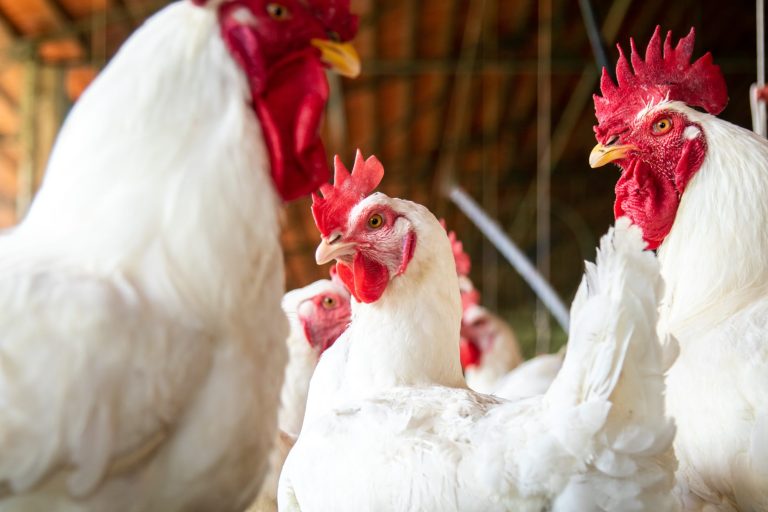MANILA, Philippines (Apr 2025) — Avian influenza is emerging as a serious threat to both animal and human health in the Philippines, with confirmed H5N1 outbreaks affecting farmers and poultry farms across Central and Northern Luzon.
Three active human cases of H5N1 have been reported in Tarlac, Pampanga, and Nueva Ecija, with nine farmers directly impacted. In total, 99 municipalities have recorded bird flu outbreaks this year, hitting poultry farms in provinces such as Pampanga, Kalinga, Nueva Ecija, Bataan, and Leyte.
The continued spread of the highly pathogenic H5N1 strain has put the country’s poultry industry — valued at nearly Php 69 billion — under strain. It has also raised concerns among public health officials, with risks of virus transmission to humans.
In response to the growing crisis, the German-Philippine Chamber of Commerce and Industry (GPCCI) and Boehringer Ingelheim (Philippines) Inc. hosted a roundtable discussion in Manila. Experts from the Bureau of Animal Industry (BAI), Food and Drug Administration (FDA), and Department of Agriculture (DA) gathered to discuss the need for immediate vaccination and stronger prevention strategies.
“Boehringer Ingelheim is calling for urgent action. Robust biosecurity and sustainable control measures are essential to protect the agriculture sector and public health,” said Raul Senedrin, Head of Business Segment – Poultry, Boehringer Ingelheim Animal Health Philippines, Inc.
Poultry is a major contributor to the Philippine economy, feeding millions and supporting countless livelihoods. But the growing spread of bird flu is taking a toll. In Leyte, a broiler breeder farm saw nearly 4,500 birds die from infection, out of a flock of over 60,000.
To help track and manage outbreaks, Boehringer Ingelheim donated bird flu test kits in 2023 to partners in Luzon and Mindanao. Despite these efforts, a regional alert issued by the Food and Agriculture Organization in August 2024 warned that bird flu continues to endanger poultry production. The report raised alarms about possible price increases, supply disruptions, and higher production costs.
“The poultry industry is key to rural communities and national food security,” said GPCCI President Marie Antoinette Mariano. “Through this roundtable, we’ve taken a crucial step toward strengthening disease prevention and industry resilience.”
Bird flu spreads mainly among poultry, ducks, geese, and other livestock. Workers in close contact with infected animals are at highest risk. Since 2003, there have been 887 human H5N1 cases globally, with 462 deaths, mostly in Asia and Africa. Infections can lead to serious health problems, including encephalitis and organ failure.
The World Health Organization continues to warn that the virus could mutate, becoming more transmissible between humans. If that happens, the consequences could be severe — from public health emergencies to economic instability.
German Embassy Manila Economic Counsellor Dr. David Klebs reaffirmed Germany’s support for the Philippines in fighting the disease. “German companies like Boehringer can offer science-based solutions to help contain Avian Influenza,” he said.
Filipino farmers and poultry workers remain on the front lines of this fight. Coordinated action is urgently needed to protect lives, stabilize food supplies, and support local livelihoods.


